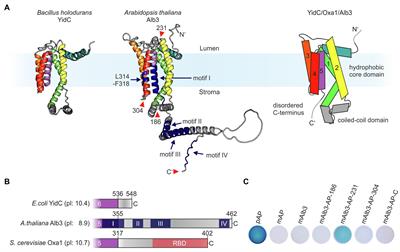EDITORIAL
Published on 02 Mar 2022
Editorial: Translation Regulation and Protein Folding
doi 10.3389/fpls.2022.858794
- 1,473 views
7,152
Total downloads
30k
Total views and downloads
Select the journal/section where you want your idea to be submitted:
EDITORIAL
Published on 02 Mar 2022
ORIGINAL RESEARCH
Published on 23 Dec 2021

MINI REVIEW
Published on 18 Nov 2021

ORIGINAL RESEARCH
Published on 30 Sep 2021

REVIEW
Published on 21 Apr 2021

REVIEW
Published on 29 Oct 2020

REVIEW
Published on 22 Oct 2020

